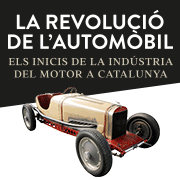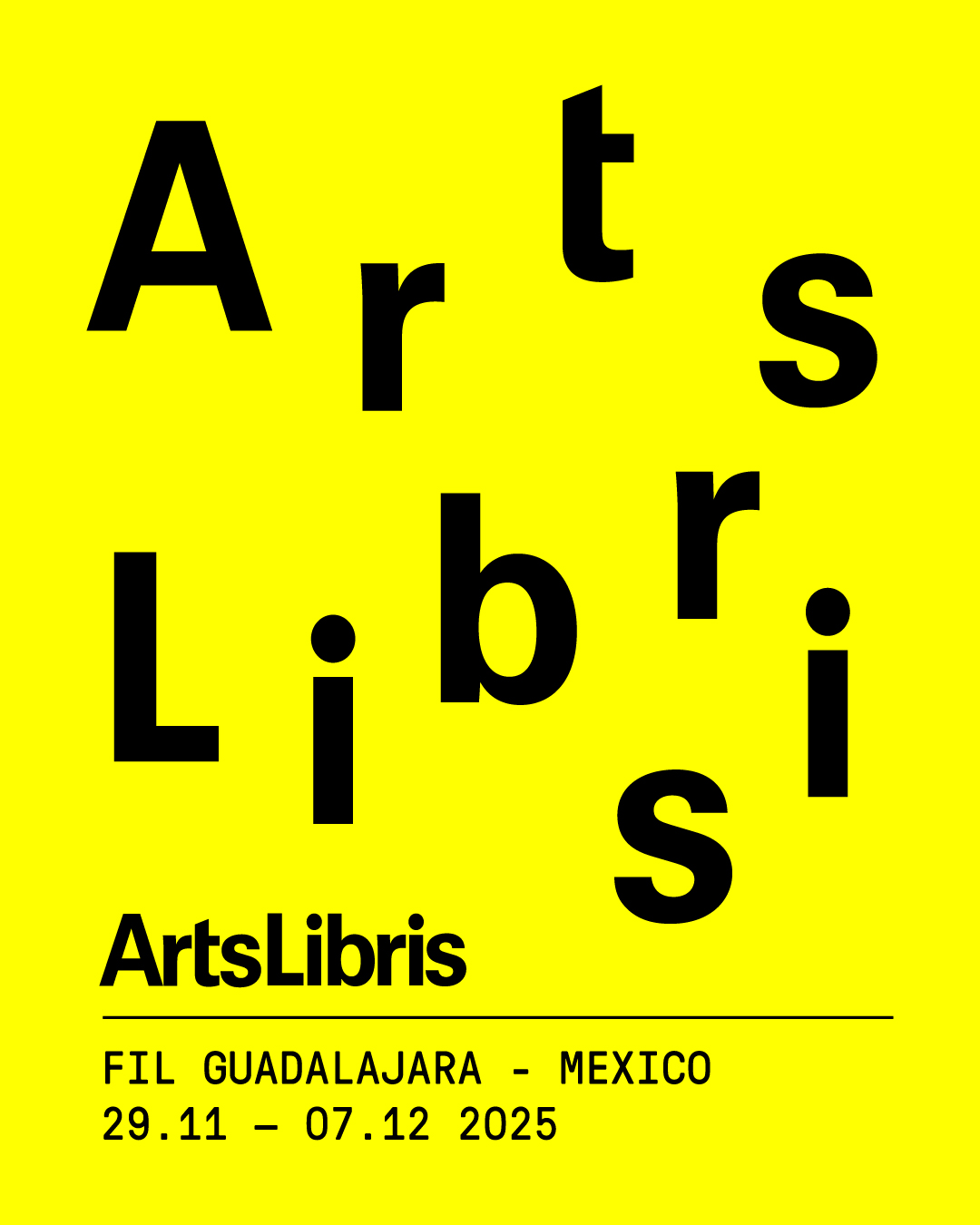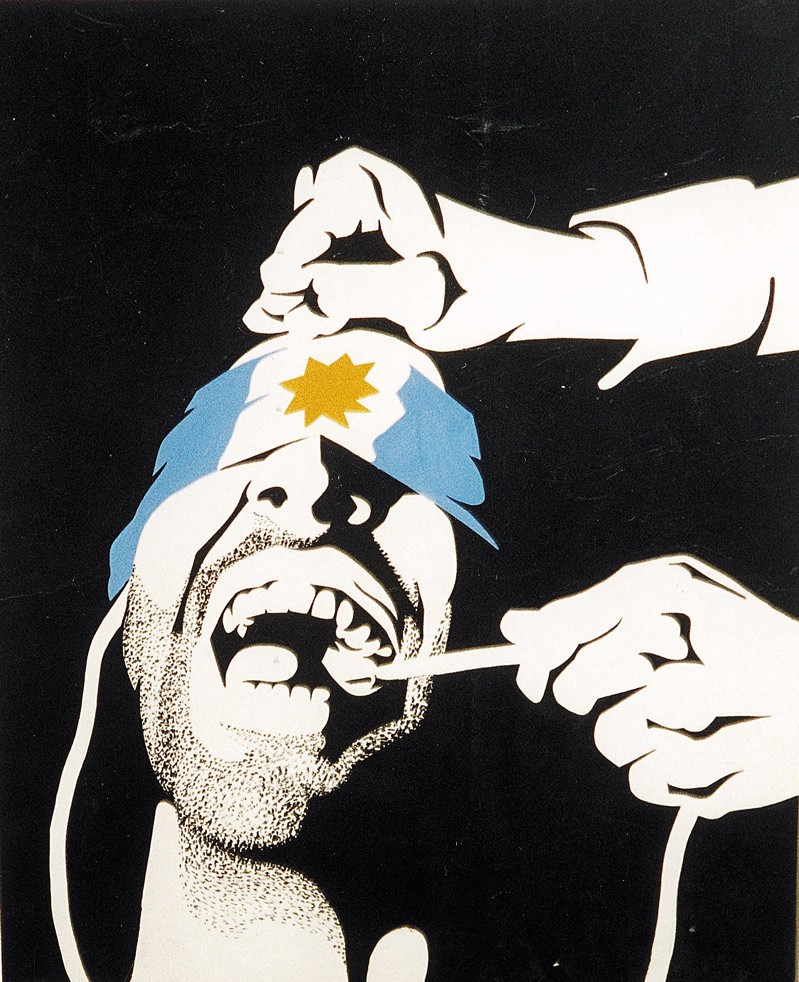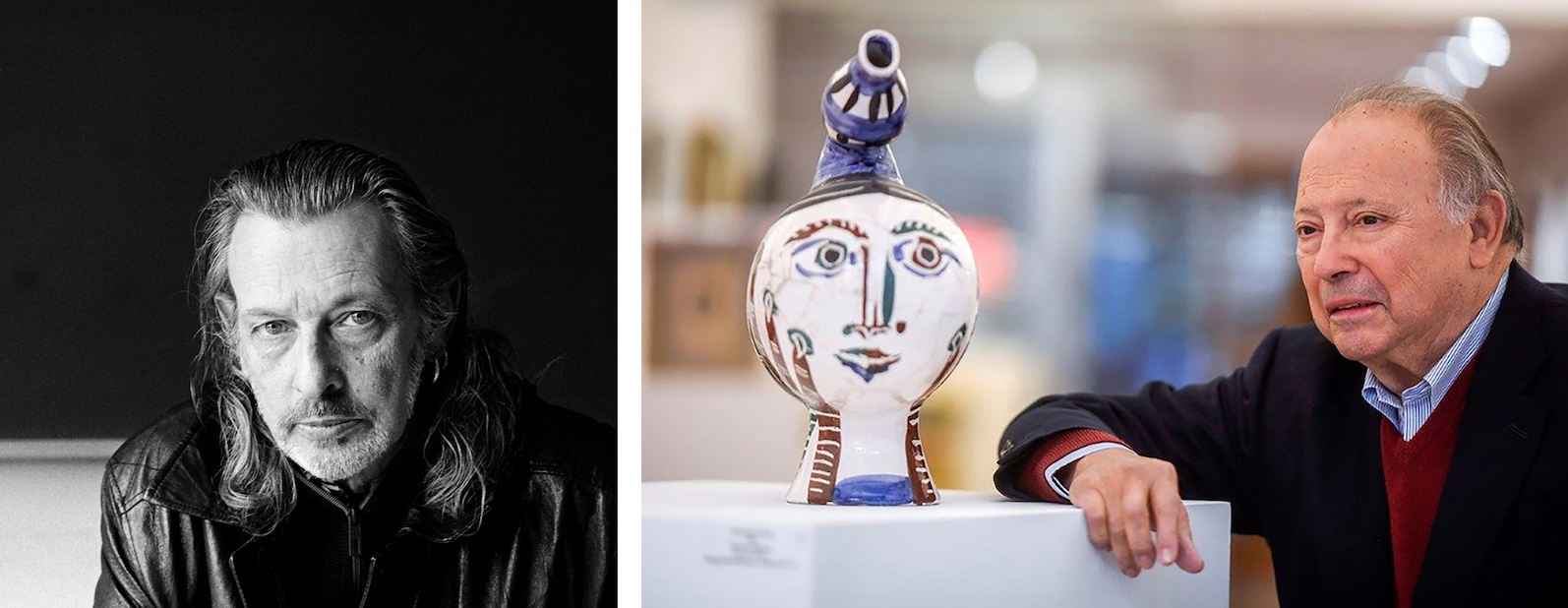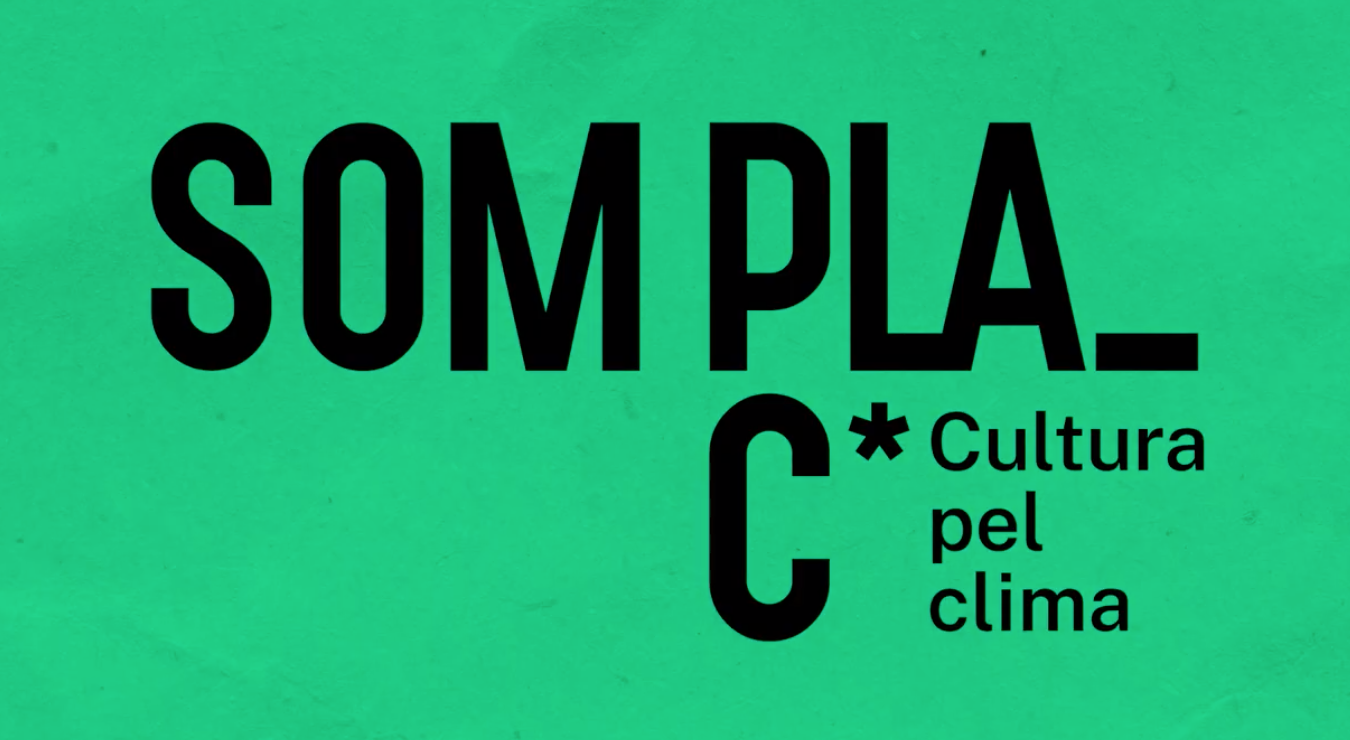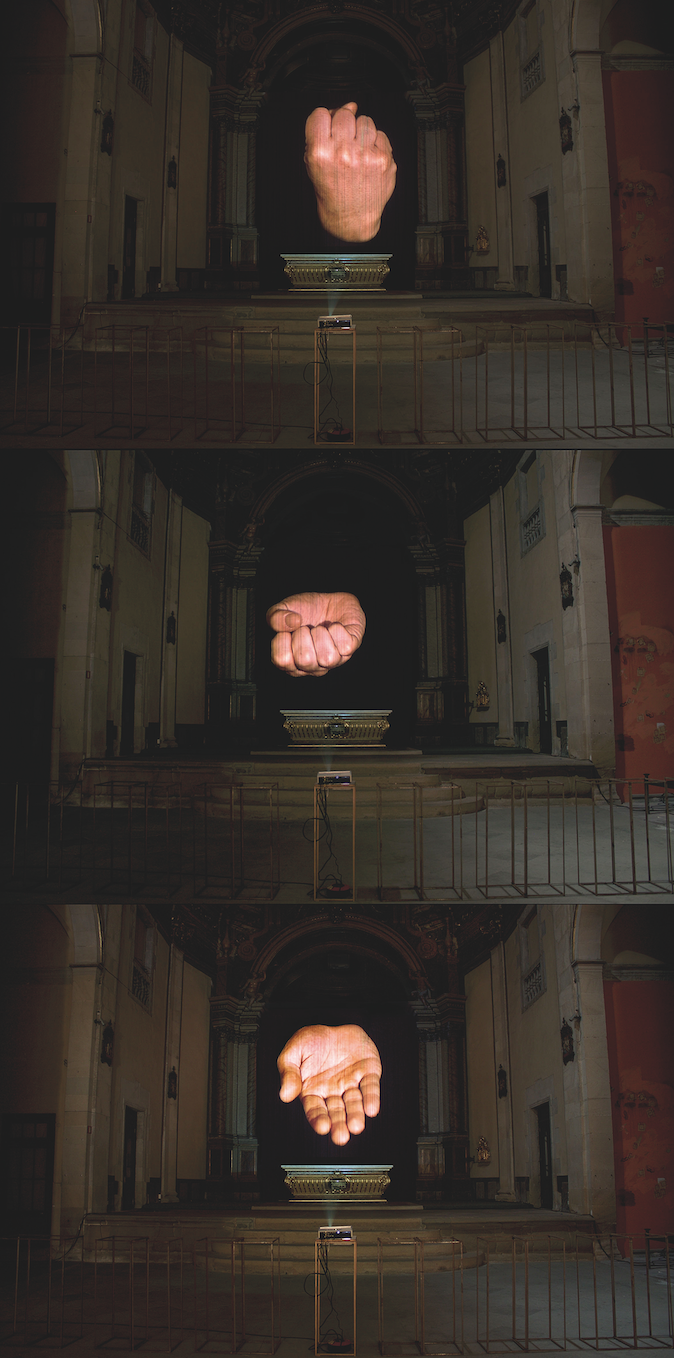
In her biography of the writer Hannah Arendt, Marie Luise Kott relates the philosopher's thought to this notion: "Unlearning in order to see things from a completely renewed perspective and thus conquer new lands of freedom." Hannah Arendt's unlearning had to do precisely with opening up new possibilities for thinking when reality (Europe of 1939-1945) closed all options for reflection. To unlearn meant "to go beyond the dead ends of the current and traditional representations of the world and of man." Maybe right now we are closer to that scenario than we would like to think.
Does artist Johan Grimonprez bring these ideas to the present with regard to his work Close Encounter? "The contemporary condition of the human being questions the relevance of politics and reality, which has collapsed under the weight of an information overload and mass deception. Paranoia suddenly seems to be the only sensible state of being, where it is easier to weigh the end of the world than to imagine viable political alternatives. ”
In this new issue of Malart, we set out to explore the notion of unlearning . If until now we were aware of the importance of lifelong learning (for individuals, professionals, organizations, institutions or companies), perhaps now the crux of the matter is not so much learning, but unlearning: unlearning mental models that we are now they appear obsolete, which are no longer relevant. To unlearn is not so much to forget what has been learned, but to seek to adapt to change and imagine viable alternatives, to leave fear behind and to be able to think for ourselves.
Image: Andreas M. Kaufmann, Videopainting # 3 , 1996. Video Installation | Video | Color | No sound. Courtesy of the artist.
The idea of video painting consists of computer-generated images that show images that are examples of human behavior. The chosen images raise in the viewer the question of whether they are still or moving images and work in such a way that the brain is unable to capture the progression of the movement, can only perceive the change that confirms the action it has had place.
In the case of Videopainting # 3 , the clenched fist, which is shown with a certain force - power? threat? rebellion? - is imperceptibly transformed into an open hand that denotes openness and generosity, but which can also mean demand.


